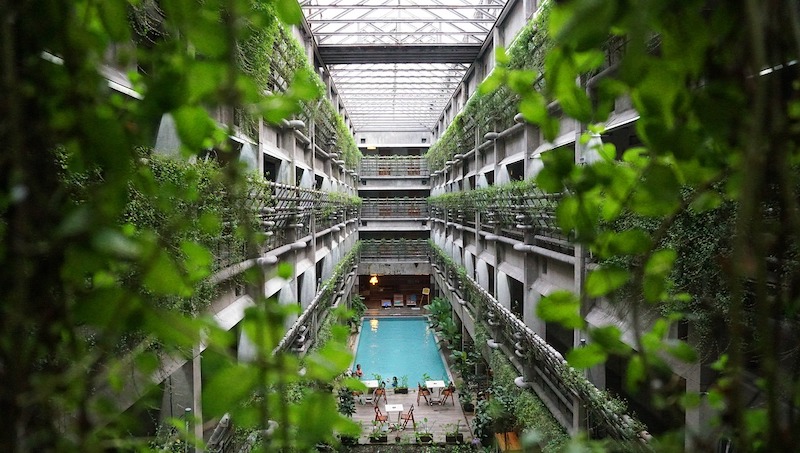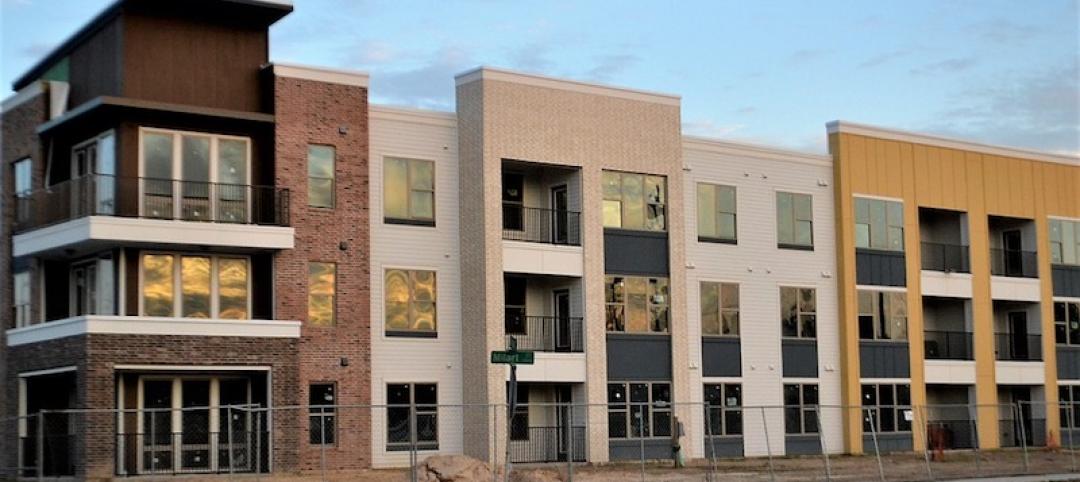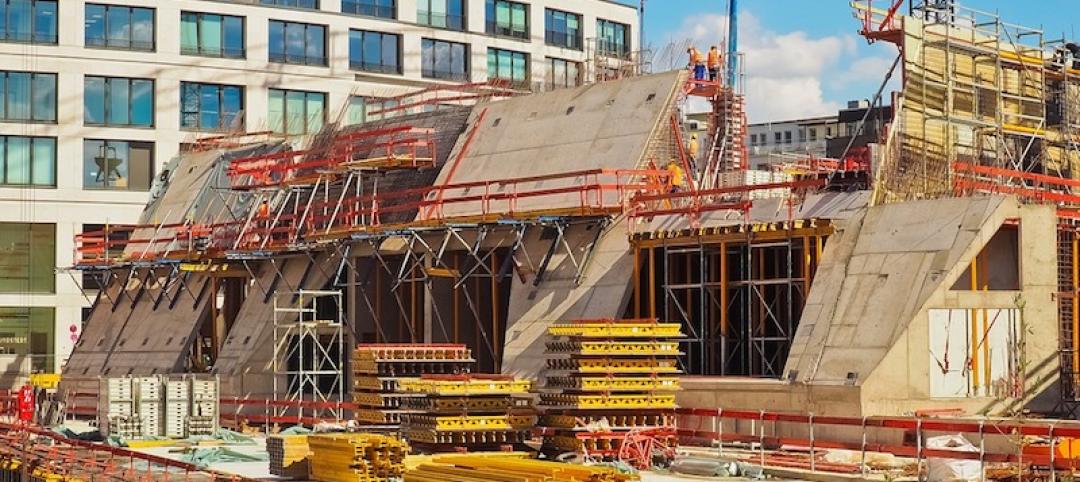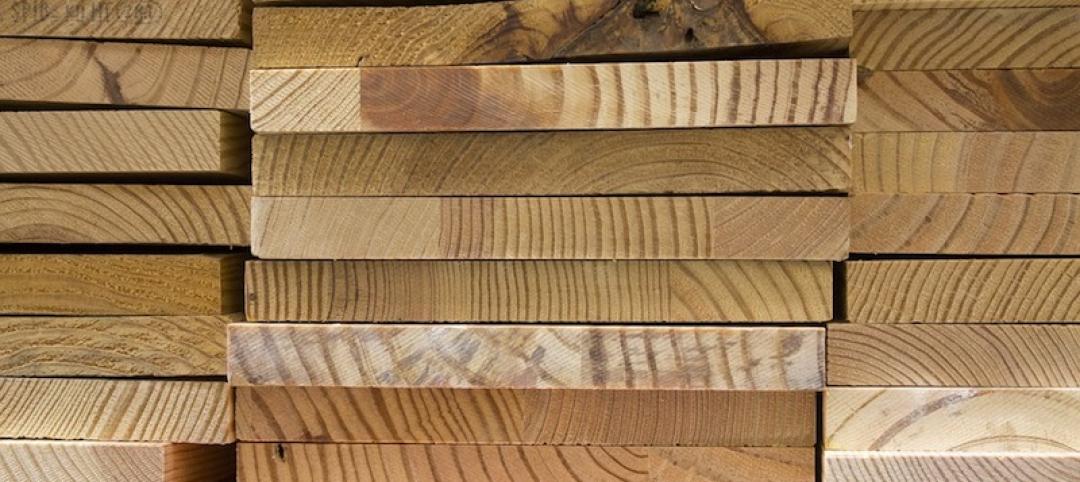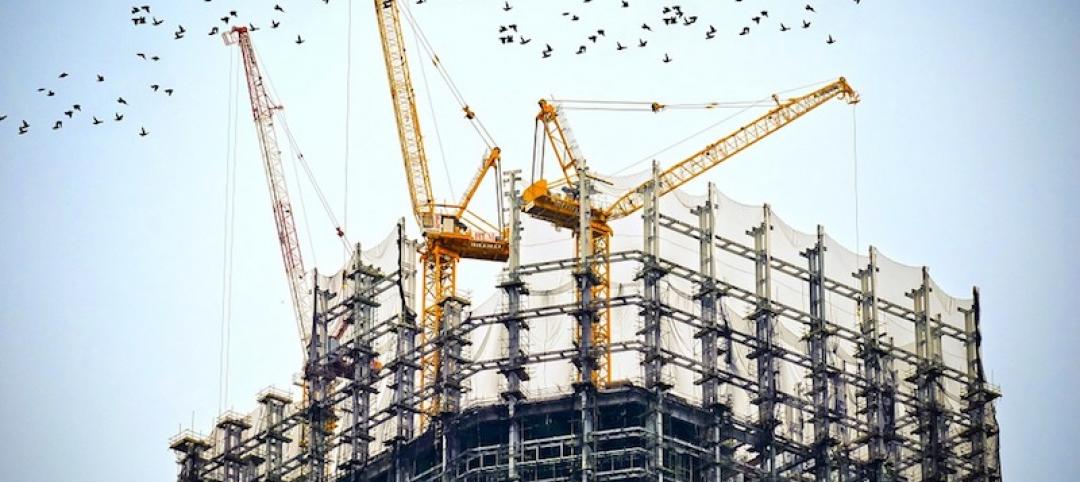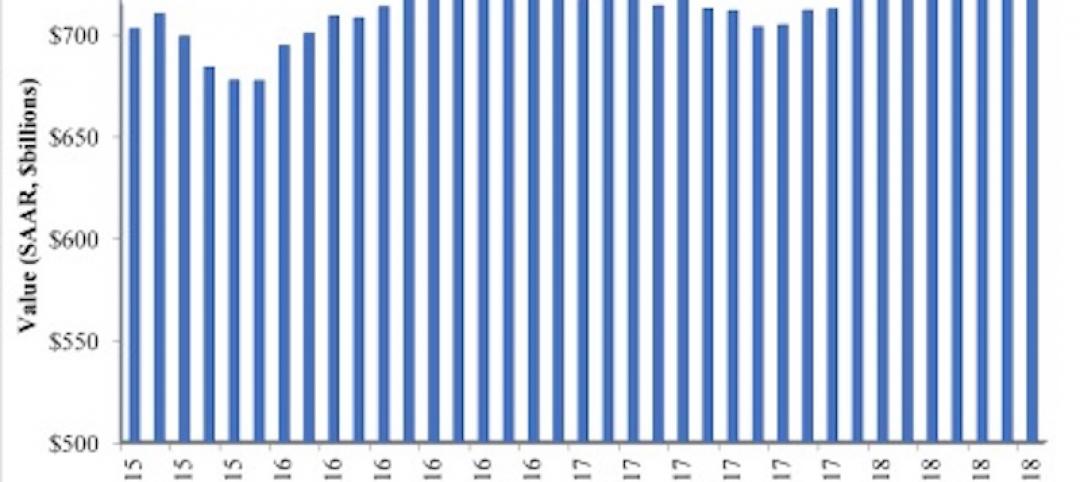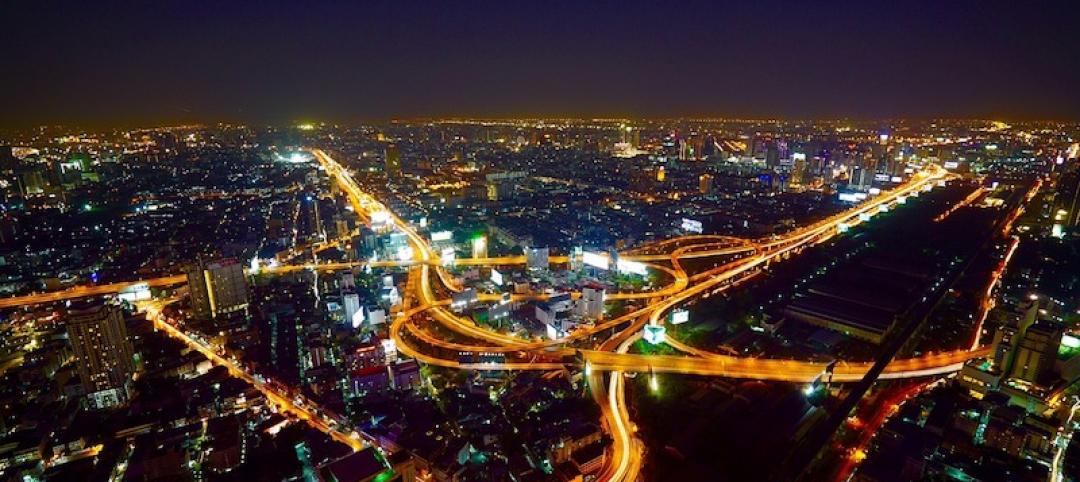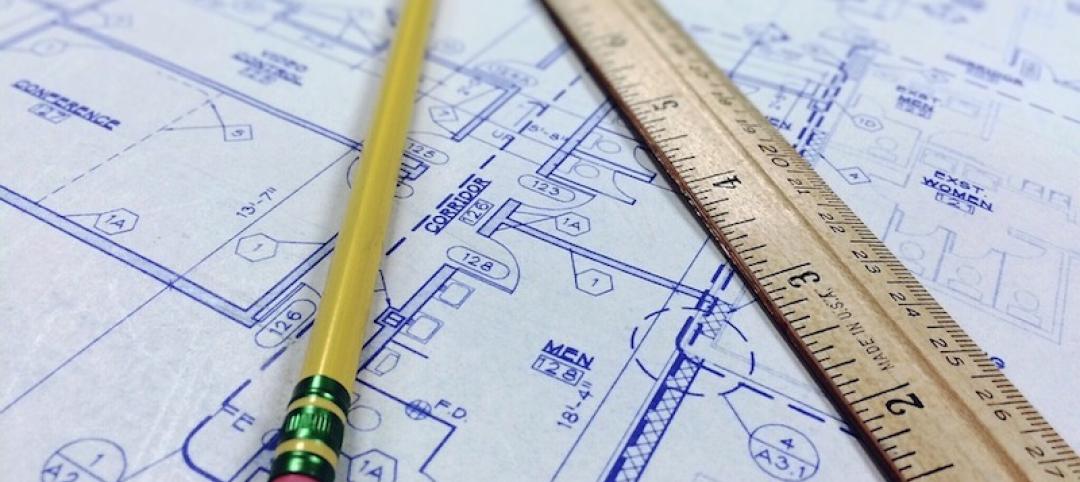The United States is leading the way in Energy and Environmental Design (LEED) green buildings, according to new research by Uswitch.com, the comparison and switching service.
As the country that set up the LEED initiative, the US is a natural leader in constructing green buildings, with 124,200 (124,212) LEED-certified buildings - the most overall in the world. China has over 100,000 fewer buildings than the US, with 5,700 (5,678). However, they still come in second place for the most green buildings. In third place is Canada with just over 3,000 (3,066) green buildings.
The US Green Building Council (USGBC) reports that 40% of worldwide energy usage comes from the construction industry, with it estimated to increase by 1.8% by 2030. With that said, business owners can now achieve LEED-certified buildings, which is an establishment that recognises healthy, highly efficient and cost-saving green buildings.
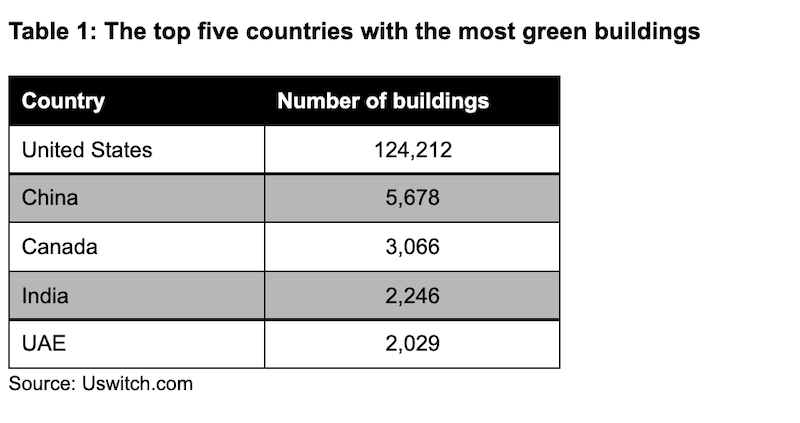
To put the buildings in each country into perspective, Uswitch compared the numbers to every 100K of the population.
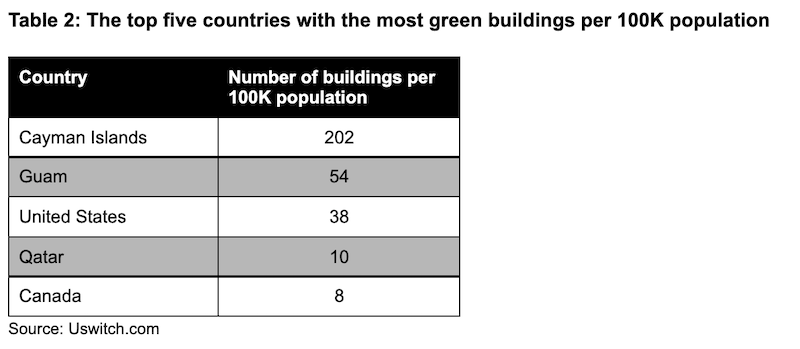
Characteristics of a green building include being in close proximity to public transport to reduce carbon footprint, efficient use of water to reduce the building’s water usage, recycling systems, as well as air cleanliness and noise pollution.
There are different types of buildings that are LEED-rated and are leading the way in sustainability, from the likes of education, healthcare, hospitality, industrial and residential buildings.
If living in a city that is sustainably-aware and is making an effort to reduce carbon emissions is of importance - like it is for many nowadays - the following cities are leading the way with green construction.
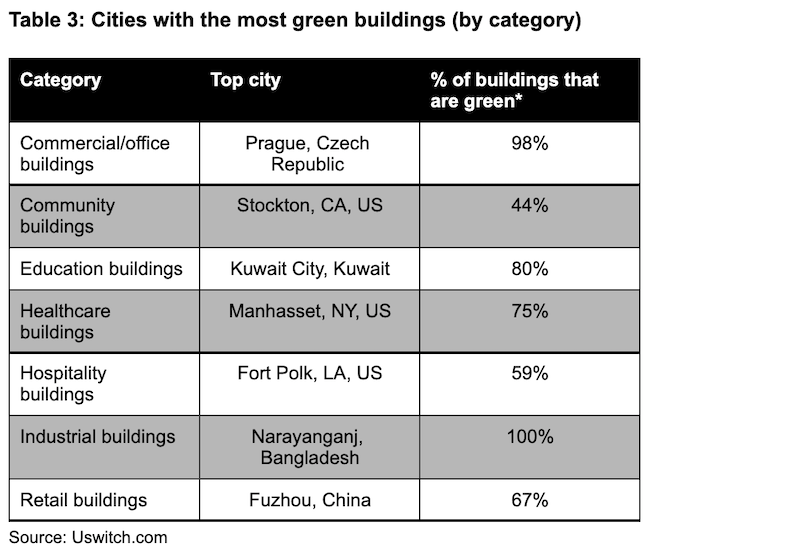
All of the industrial buildings in Narayanganj, Bangladesh, are green-certified. Nearly all (98%) of Prague, Czech Republic’s LEED-certified buildings are used for offices. Following this, 75% of healthcare buildings in Manhasset, United States, are green.
-
Country and city totals were compiled based on the LEED Projects Directory as maintained by the U.S. Green Buildings Council. LEED projects were classified by their end use on the basis of the first use category listed in the "Project Type" field in the Projects Directory database. "Other/Unknown" category incorporates projects that weren't numerous enough to warrant their own category, i.e. "Military" and projects where the type was labeled as "Other" or "Unknown". Projects that were in their planning phase (e.g. designated under LEED-ND), rather than being completed, were excluded from the dataset. Country populations were taken from the World Bank's "Population, Total" indicator. City populations were obtained from Simple Maps "US Cities" and "World Cities" datasets. State populations were taken from the U.S. Census Bureau. Only countries with 50 or more LEED projects were included. Only cities with 20 or more LEED projects were included. LEED projects, where location was listed as "Confidential" or partial, i.e. only indicating country or its subdivision (state, province), but specifying country were included in the country totals, but excluded from city totals. Data was collated in Apr 2021.
-
Source: Gocontractor.com: How does construction impact the environment?
-
Source: Iberdrola.com: The 'green' buildings are leading the way to more sustainable and efficient urban planning
Related Stories
Market Data | Sep 19, 2018
August architecture firm billings rebound as building investment spurt continues
Southern region, multifamily residential sector lead growth.
Market Data | Sep 18, 2018
Altus Group report reveals shifts in trade policy, technology, and financing are disrupting global real estate development industry
International trade uncertainty, widespread construction skills shortage creating perfect storm for escalating project costs; property development leaders split on potential impact of emerging technologies.
Market Data | Sep 17, 2018
ABC’s Construction Backlog Indicator hits a new high in second quarter of 2018
Backlog is up 12.2% from the first quarter and 14% compared to the same time last year.
Market Data | Sep 12, 2018
Construction material prices fall in August
Softwood lumber prices plummeted 9.6% in August yet are up 5% on a yearly basis (down from a 19.5% increase year-over-year in July).
Market Data | Sep 7, 2018
Safety risks in commercial construction industry exacerbated by workforce shortages
The report revealed 88% of contractors expect to feel at least a moderate impact from the workforce shortages in the next three years.
Market Data | Sep 5, 2018
Public nonresidential construction up in July
Private nonresidential spending fell 1% in July, while public nonresidential spending expanded 0.7%.
Market Data | Aug 30, 2018
Construction in ASEAN region to grow by over 6% annually over next five years
Although there are disparities in the pace of growth in construction output among the ASEAN member states, the region’s construction industry as a whole will grow by 6.1% on an annual average basis in the next five years.
Market Data | Aug 22, 2018
July architecture firm billings remain positive despite growth slowing
Architecture firms located in the South remain especially strong.
Market Data | Aug 15, 2018
National asking rents for office space rise again
The rise in rental rates marks the 21st consecutive quarterly increase.


